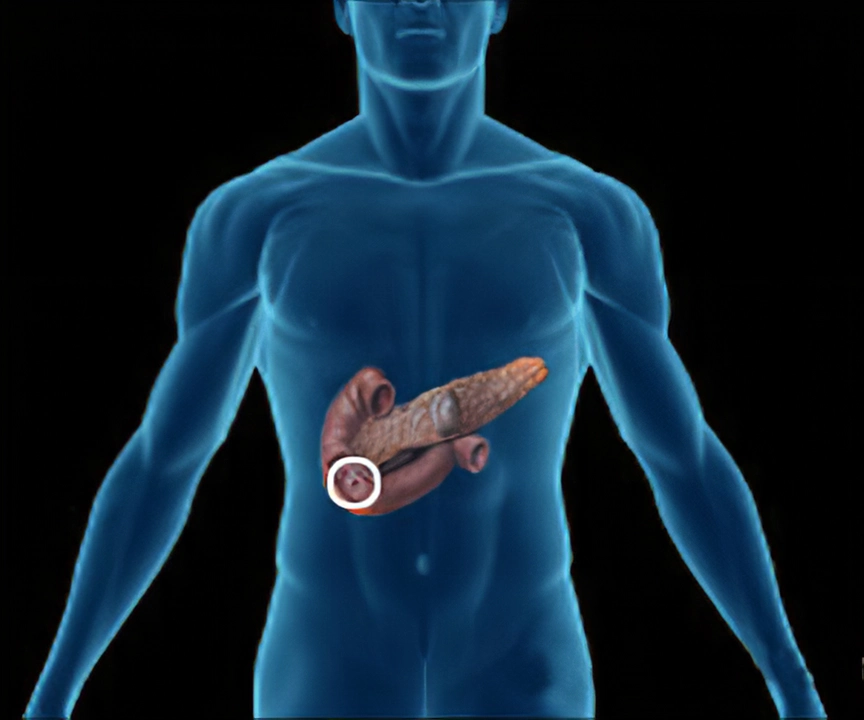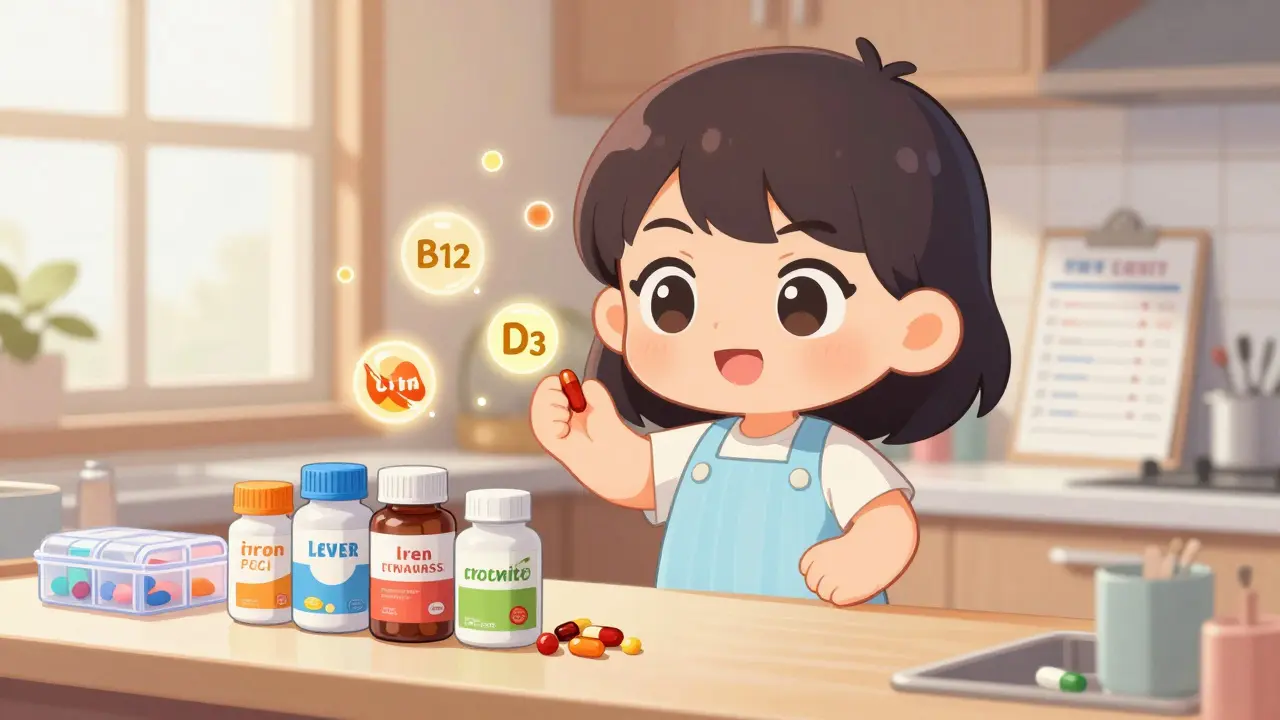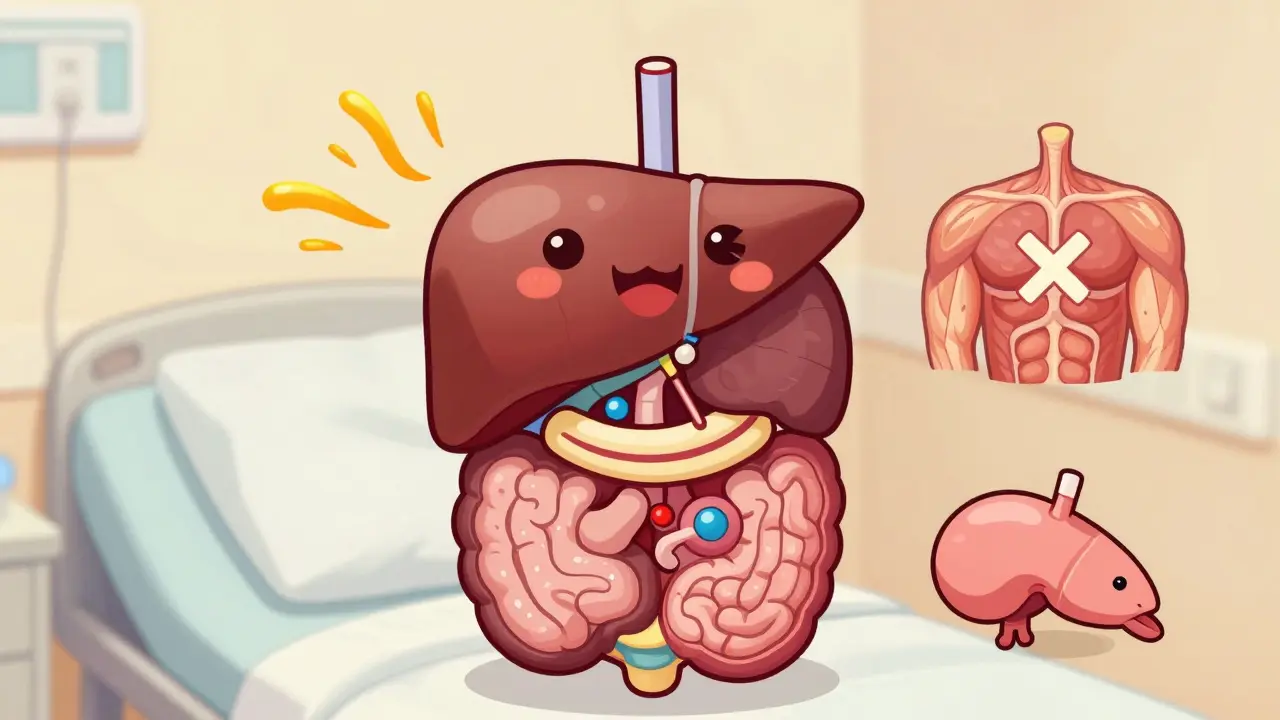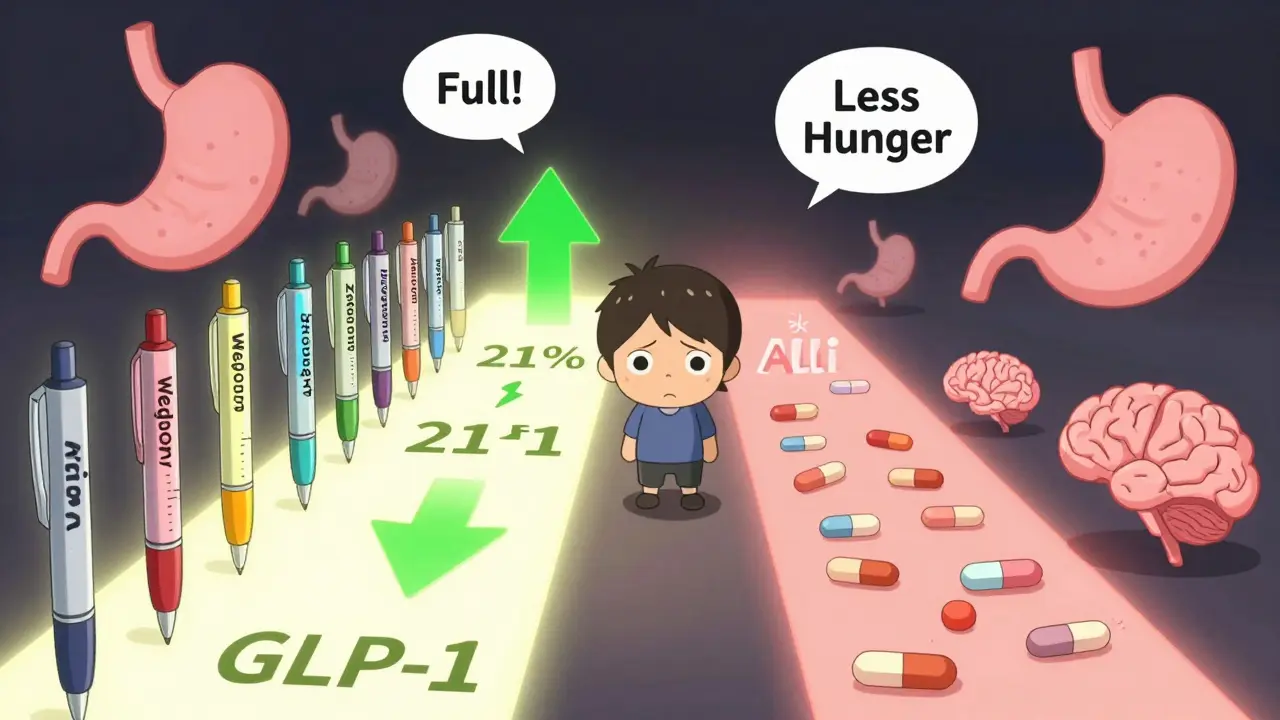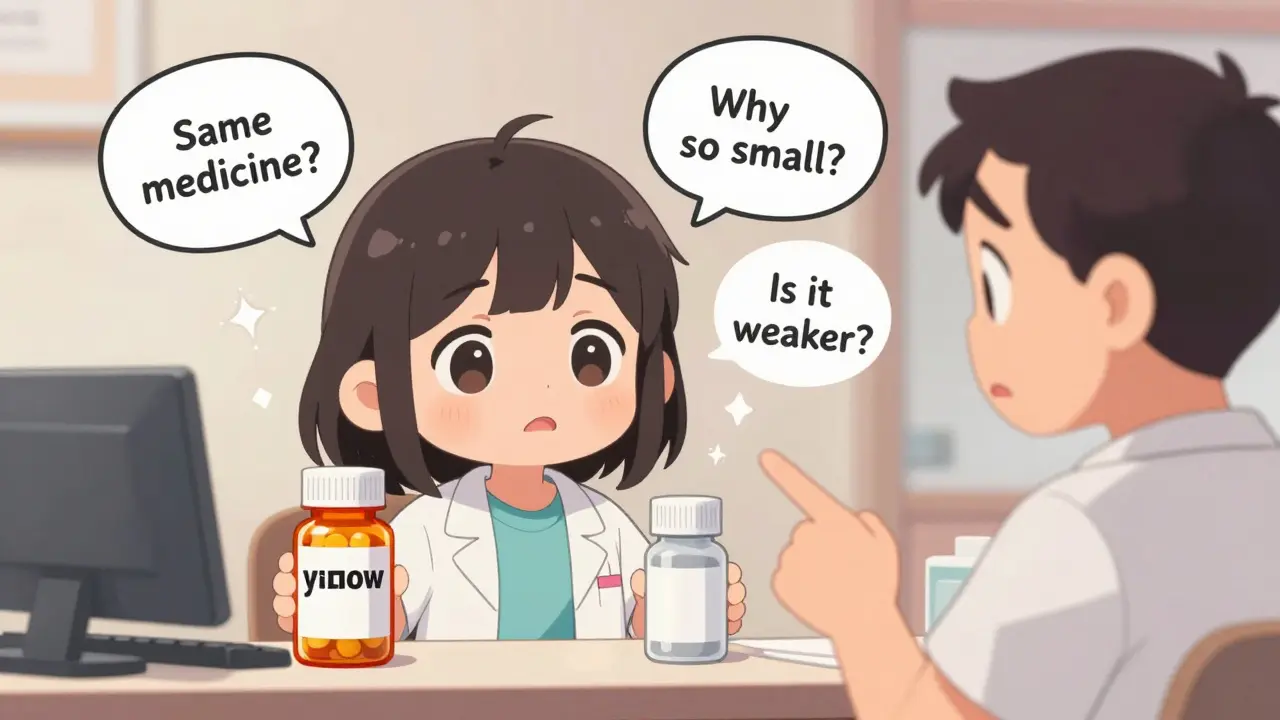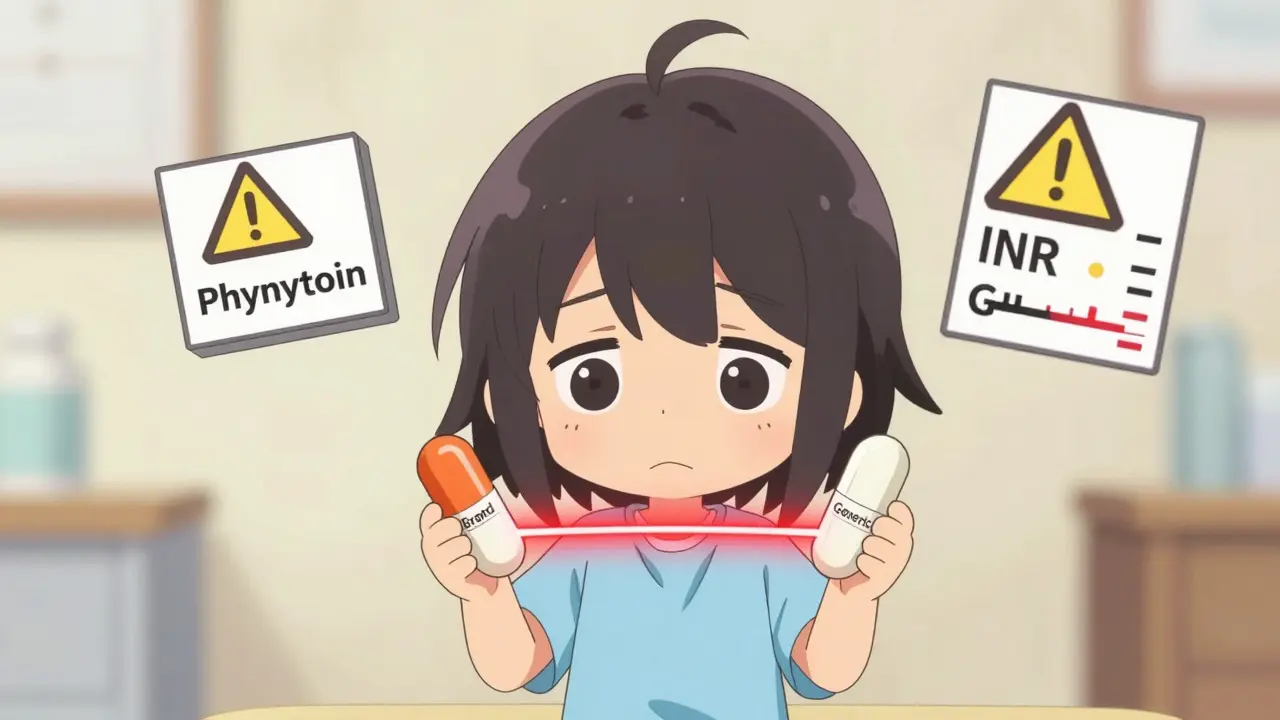Gastrointestinal Disorders – What They Are and How to Manage Them
If your stomach feels like a roller coaster, you’re not alone. GI problems affect millions, and they range from mild bloating to painful ulcers. Knowing the basics can help you spot a problem early and take steps before it gets worse. Below you’ll find a quick guide to the most common gut issues and easy ways to feel better fast.
Common Types of GI Problems
Most people deal with at least one of these conditions:
- Irritable Bowel Syndrome (IBS) – cramping, irregular bowel habits and a feeling of incomplete emptying.
- Acid reflux or GERD – burning behind the breastbone, sour taste, and throat irritation after meals.
- Peptic ulcers – burning pain in the upper stomach that may improve or worsen with food.
- Constipation – infrequent, hard stools that are painful to pass.
- Diarrhea – loose, watery stools that can come on suddenly and leave you dehydrated.
Each of these disorders has its own triggers, but they often share a few red flags: sudden weight loss, blood in stool, persistent vomiting, or pain that doesn’t ease with over‑the‑counter meds. If any of those show up, it’s time to see a doctor.
Practical Steps to Ease Your Symptoms
Most gut complaints improve with simple lifestyle tweaks. Here are the ones that work for most people:
- Watch what you eat. Cut back on fatty, spicy, or very sugary foods. Try a low‑FODMAP diet if you think IBS is the culprit.
- Stay hydrated. Aim for at least eight glasses of water a day; it helps move food through the intestines and reduces constipation.
- Move a little. A short walk after meals can boost digestion and lower reflux.
- Time your meals. Eating smaller portions spaced out every three to four hours keeps the stomach from getting overloaded.
- Consider OTC helpers. Antacids for heartburn, loperamide for mild diarrhea, and gentle fiber supplements for constipation can bridge the gap while you work on habits.
If symptoms linger for more than a week despite these changes, book a GP visit. They may order tests, prescribe stronger medication, or refer you to a gastroenterologist for deeper evaluation.
Bottom line: gut problems rarely need a miracle cure. Most improve with better food choices, regular water, and a bit of movement. Keep an eye on warning signs, and don’t wait too long to get professional help when you need it. Your stomach will thank you.
